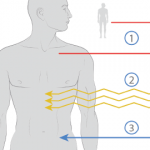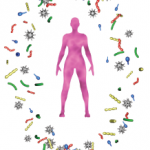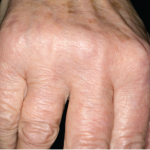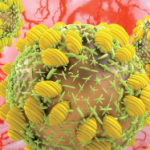“Man may be the captain of his fate, but he is also the victim of his blood sugar.” —Wilfrid Oakley, MB BChir, an early pioneer in diabetes care Perusing the list of the most notable medical achievements in the 20th century, a reader may conclude that the discovery of insulin should rank in a category…







